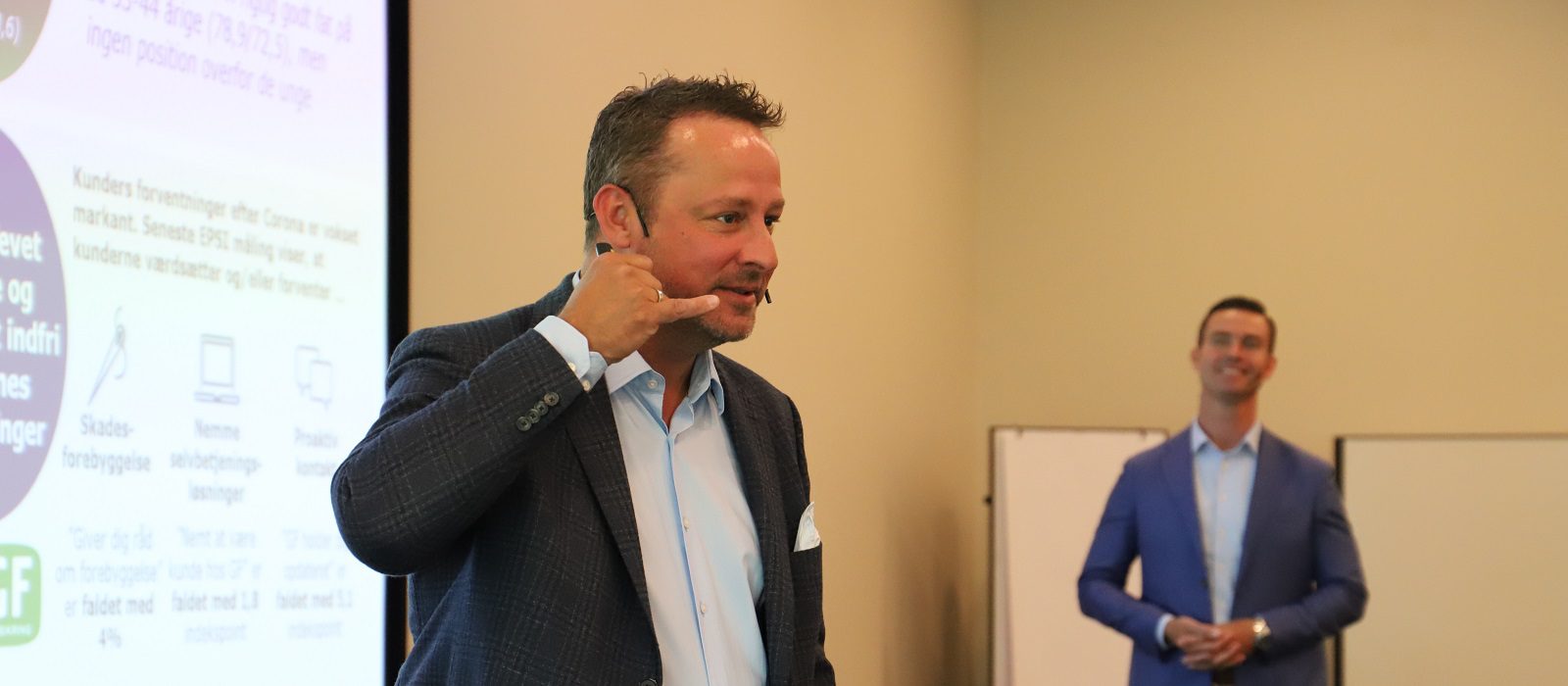It’s truly a fascinating time in the insurance industry. Generally speaking, we’ve never been an industry accused of ground-breaking ideas or cutting-edge innovations. When we look at other major industries such as retail, banking, manufacturing, one can readily see disruptive success that has fundamentally changed how we interact and conduct our business today. Technology has brought us on-line retail, on-line banking, on-line grocery shopping, 3-D printing and yes, on-line insurance. Yet in many ways it hasn’t really hit home for the insurance marketplace until very recently. For a long time, the same established carriers and brokers dominate the top slots, while smaller firms maintain a base of customers that seems to just ‘roll along”.
“Innovation meet Insurance” – whether you like it or not. For some years now, nimble entrants have made their way into the insurance space. From brokers, MGAs, MGUs, new capital and new carriers, these entrants are trying to change the landscape. Some proudly call themselves disruptors while others vehemently argue they’re not disruptors but refreshing solutions that can augment solutions / tech for many of the current market players. Some are having success, some are waiting their turn. What’s for sure is that our eco-system is engaged in Innovation and Innovative thinking at an exciting pace. And it doesn’t matter why our industry is embracing this change, generally. What matters is that we are.
Carriers are engaging in deep discussions over how to use technology to advance their current and planned business models. As we move through 2019, more clarity begins to take hold on how to best engage with IoT technologies, API, analytics, telematics, using the cloud and blockchain.
Per Deloitte*, in Asia, for example, “AIA Hong Kong launched a blockchain-enabled bancassurance platform allowing the life insurer and its bank distributors to share policy data and digital documents in real time, streamlining the onboarding process, improving transparency, and reconciling commissions automatically through smart contracts. On the property-casualty side, the Hong Kong Federation of Insurers is working to establish a blockchain-based auto insurance platform. In Europe, AXA is offering flight-delay insurance over a blockchain platform with parametric triggers and smart contracts. In addition, groups of insurers are forming consortiums to share startup expenses as well as enable cross -industry collaboration, open-source agility, and quicker scalability.”
Our industry is poised to see creative and exciting use of Innovative thinking and Innovative technologies to bring about change in the eco-systems. Finding partners that can help navigate the voyage is a critical mission in the process and many turn to trusted partners such as reinsurers and reinsurance brokers along the way. The journey is exciting; how can Berkley Re help you on your own personal innovation journey.
Innovation internally
Here at Berkley Re, we are thinking of innovation a little differently. We recognize that one of our best assets are the people. Collectively, Berkley employs circ. 7,000 people worldwide across over 53 companies.
“Berkley is a company of people. People with knowledge, devotion, desire and determination. People who recognize that every detail of the insurance transaction is significant, that every person in our organization is important and that every task they accomplish makes a difference in our results. People who make up a caring family with a commitment to a common set of goals”
With each person in the company specializing in their line of business, we recognize that they have the expert knowledge for their insurance transactions. We have therefore decided to use the knowledge of our employees to drive Innovation internally.
Innovation at Berkley is driven by our employees, whom are encouraged to help develop ideas that will ultimately drive their business forward in to the future of an ever-changing market. In Reinsurance, we have seen a development over time to now quick and efficient broker placing platforms, which reinsurers can use to communicate with their systems.
Innovation in technology
W. R. Berkley Corporation recently invested in reinsurance risk placement marketplace provider, Tremor Technologies, Inc., technology that can deliver efficiency across the market. The insurance technology start-up (InsureTech) was initially introduced as a technology that was focused on the insurance- linked securities market. However, as the technology evolved its capabilities and W. R. Berkley was able to use the product to place its property catastrophe reinsurance programme with a large number of markets, using the platform for its January renewals.
One added benefit found by the company was that it simplified two aspects of the placement process: price discovery and allocation of shares. By virtue of providing “curves” at one point in time, it is estimated that it saved about three weeks in the placement process, which is considerable during a reinsurance renewal season. The technology can result in more efficiency for the whole system, leaving more time for everyone, including reinsurance partners, to spend on other aspects of the business such as enhancing the relationship. W. R. Berkley Corporation worked with Tremor to build features into the platform to let them value the relationships with partners.
How could this technology help the insurance industry’s use of reinsurance evolve? Take the fact that capacity is typically deployed or bought annually, possibly at a time when underwriting conditions are less attractive. Instead of looking at January 1st as being the most important day of the year, insurers might want to consider quarterly auctions, as needs can change over that period. With this platform, the marginal cost of a transaction is low, which means that it could be economical to buy reinsurance when it is needed, as opposed to being forced to do so on an annual basis. As a result, the platform should help lower the cost-of-capital as well as to allow insurers to manage their capital in a more granular fashion throughout the year.
W. R. Berkley Corporation sees the potential for transformational change using technologies like Tremor, bringing efficiencies to the value-chain and enhancing execution effectiveness and transparency.






